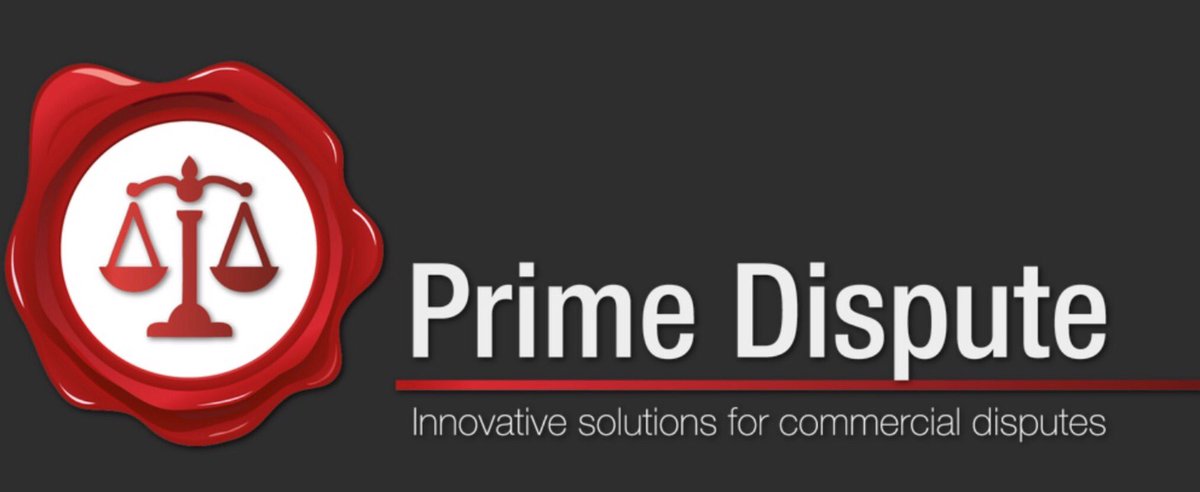|
Most people have heard of arbitration and know that it is used to settle quite a wide variety of disputes, but do not really understand how it works. This brief summary sets out some of the main features of the process but it is not intended to be an exhaustive guide.
What is arbitration? Arbitration is a form of dispute resolution which is used by individuals or industry. Arbitration is the private, judicial determination of a dispute, by an independent third party. An arbitrator will act in a similar manner to a judge and will give a legally binding decision known as an award. An arbitration hearing may possibly involve the use of an individual arbitrator or an arbitral tribunal. An arbitral tribunal may consist of any number of arbitrators, who have specific; experience, knowledge and skills and therefore the parties often opt for three. The award will be based on the evidence put before the arbitrator or the arbitral tribunal, by the parties or their representatives. Who can use arbitration? If there is not an arbitration agreement in existence when a dispute arises, there is nothing to prevent parties jointly agreeing to resolve their dispute by arbitration. The problem is that when a dispute does arise, it is often difficult to agree the best way to resolve it and Court is then the only option. Many contracts and leases will contain an arbitration clause. This means that if a dispute arises then the parties have agreed to use arbitration, rather than going to court, to resolve their dispute. Who can act as an arbitrator? It is not essential to have an arbitration qualification to act as an arbitrator. But, it is important to remember that if an arbitrator fails to follow correct procedures or acts inappropriately, the court may have the power to remove an arbitrator or set aside the award. It may be sensible to make sure that your chosen arbitrator has an appropriate qualification or has undertaken some training. Most parties prefer that the arbitrator who decides their dispute has knowledge and experience of the type of dispute to help him/her understand and weigh the evidence appropriately. For instance, if the dispute is a construction dispute involving quantum, then it may be preferable to have an arbitrator with a quantity surveying background, whereas a construction dispute over a complicated legal issue may be best suited to a construction arbitrator with a legal background. A dispute over a commercial rent review in a shopping centre may require the expertise of a surveyor who is a retail specialist, whereas a dispute over a farm rent would benefit from an arbitrator who is a rural practice surveyor. It may be possible for both parties to agree who should act as arbitrator and Prime Dispute can help parties choose an arbitrator with appropriate expertise within a specific geographical area. Can I represent myself in arbitration proceedings? There is nothing to prevent anyone from putting their own case in arbitration proceedings. But it is important to note that a properly prepared and presented case will stand a much greater chance of a successful outcome. Before embarking on arbitration proceedings, it would be sensible to discuss your case with a professional representative, experienced in the type of dispute. A good representative may be able to negotiate a settlement without having to proceed with arbitration. Prime Dispute is able to provide names of three suitably qualified Arbitrators with the requisite skills and knowledge within 33 industry sectors. Who pays for arbitration proceedings? The parties should check the Arbitration 'Act' or 'Rules' . This will provide the parties with clarity if the arbitrator has the power to decide who should pay; not only his/her fees and expenses but also the costs of the parties. What if I do not agree with the arbitrator’s award? There are limited right of appeal and parties should check the Arbitration 'Act' or 'Rules' before they opt in. What are the advantages of arbitration over litigation?
Our panels consist of arbitrators from all industries and sectors Contact us for names of arbitrators. |
Arbitration
|
About Prime Dispute
Prime Dispute / Is a global membership organisation for qualifications and standards in law, dispute avoidance, management & resolution Our purpose / Helping industry create a more prosperous and conflict free working world. Our Vision & Mission |
Please email all correspondence to [email protected]
71-75, Shelton Street, Covent Garden, London, WC2H 9JQ, United Kingdom

